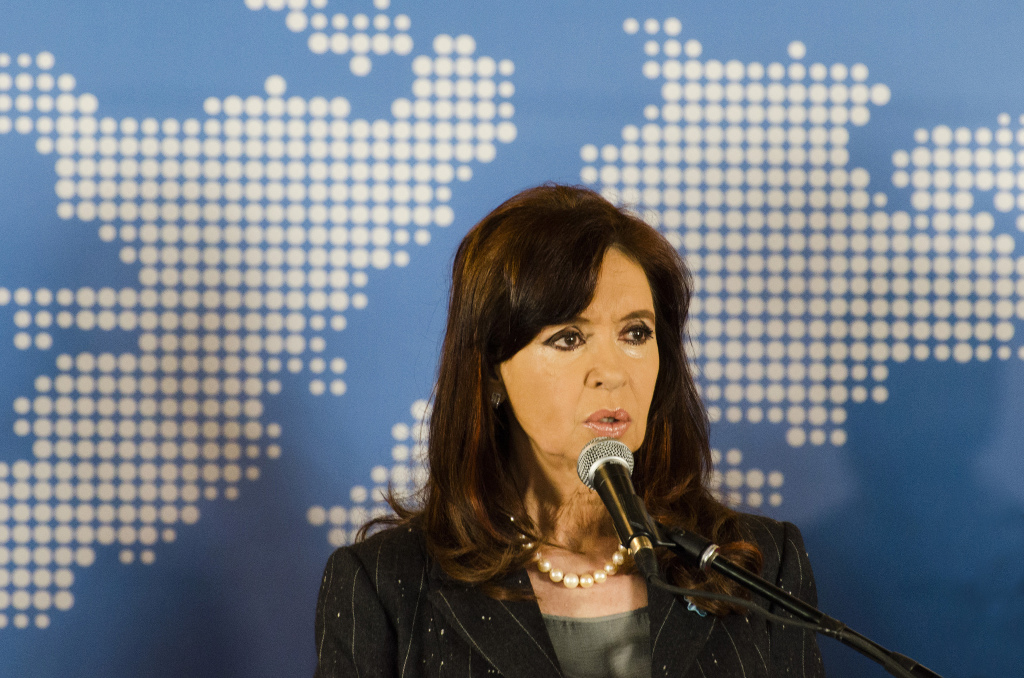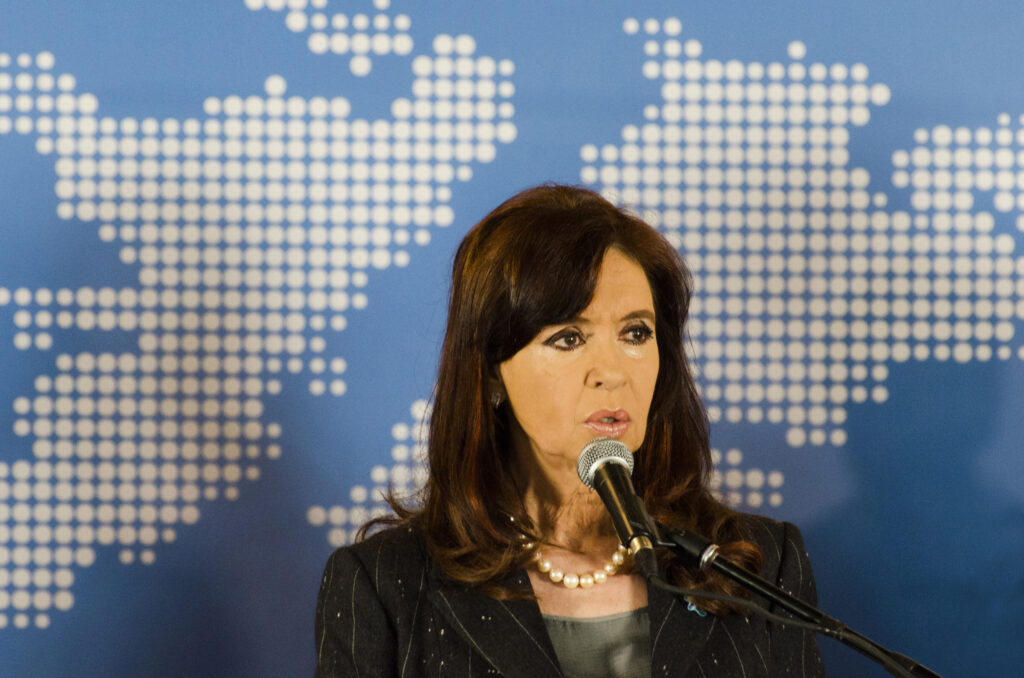
Allegations currently mount against Argentinian president Cristina Fernandez de Kirchner’s administration following the suspected murder of Natalio Alberto Nisman, the federal prosecutor leading the investigation of the 1994 AMIA bombing. Resulting in 85 deaths and nearly 300 injuries, the car bombing of the Jewish Center in Buenos Aires left a permanent scar on Argentina, yet it has remained unsolved for over two decades.
On January 14, just four days prior to his death, Nisman publically accused Kirchner’s administration of concealing Iran’s suspected involvement in the AMIA attack and negotiating with Iran to protect its officials from prosecution in exchange for oil. In fact, Nisman’s death occurred just one day before he was scheduled to testify before Congress about the president’s purported involvement in the cover-up. To top it all off, investigators found a drafted arrest warrant for Kirchner in the home of the deceased.
Gerardo Pollicita, the federal prosecutor assigned to take over Nisman’s investigation, has requested authorization for a formal investigation into Kirchner’s involvement in the AMIA bombing cover-up. If the judiciary believes there to be sufficient evidence for a trial, Kirchner will face criminal charges and potential impeachment in one of the most egregious political scandals Argentina and the world have ever seen.
Kirchner’s response has hardly alleviated the ensuing political turmoil. Initially claiming that his death was a suicide, she later changed her position suggesting that Nisman was murdered by one of his aides. Kirchner’s widespread calls for national unity amidst the proceeding investigation were quickly followed by her throwing the spotlight onto the Secretariat of Intelligence, Argentina’s top intelligence agency, asserting that they alone were responsible for Nisman’s murder in an attempt to incite political instability.
Unfortunately, it is unlikely that recent developments will lead to any legitimate political reforms. Argentina is widely regarded as a country blessed by resources, but cursed by politicians. Over the last half-century in particular, Argentinians have shown a strong proclivity for electing peronístas, adherers to the political movement founded by President Juan Domingo Perón (1946-55, 1973-74), whose proletariat ideologies are often conflated with authoritarianism and fascism.
Since Perón’s tenure, nine candidates of the Justicialist Party, the main Peronist party, have been elected to Argentina’s highest office. The populist values of Kirchner and other peronísta candidates typically carry the most appeal to voters; even if Kirchner resigns from politics there is unlikely to be substantial policy deviations by her successor.
More generally, this crisis of leadership threatens Argentina’s already weakened economy at the tail end of an expired commodity boom. In order to make its economy a more attractive destination for foreign direct investment, it is critical that Argentina’s political establishment restores some base level of trust in political institutions and mounts a legitimate investigation, unfettered by government meddling.
Still, Nisman’s recent allegations are markedly the most shocking to ever be levied against Kirchner’s administration. Given the ubiquitous corruption that permeates nearly all of Argentina’s political institutions, there is serious doubt as to whether or not criminal investigators will uncover the truth.
The increasing uncertainty over his death and the conjectured culpability of her administration in the Iranian negotiations will likely tarnish Kirchner’s legacy irrevocably. Whether or not her administration is able to weather this political firestorm is unclear. This is in no way Kirchner’s first tango with criminal investigations, but it may very well be her last.
The views expressed by the author do not necessarily reflect those of the Glimpse from the Globe staff, editors, or governors.
Correction: This article previous identified Natalio Alberto Nisman as Natalio Nisman and has been updated.







